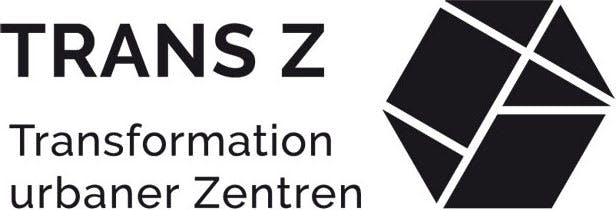

TransZ promotes the sustainable transformation of urban centers through social, economic, and ecological innovations. With an interdisciplinary team, the project develops concepts for the modernization of infrastructures, redesigning public spaces, and strengthening local communities.
Sign up for free.

TransZ was a comprehensive research project conducted from 2017 to 2022, focusing on the sustainable transformation and development of urban (district) centers. The project was supported by a core team of members from HafenCity University Hamburg (HCU), Hamburg University of Applied Sciences (HAW), University of Applied Sciences and Arts Holzminden (HAWK), and Stuttgart University of Applied Sciences (HFT)[2][3][4].
TransZ focused on the investigation and implementation of social, economic, and ecological innovations in urban centers. The main activities included:
The main mission of TransZ was to contribute to the sustainable transformation and development of urban centers. The project focused on strengthening local actors and promoting innovations that consider social, economic, and ecological aspects. The central thesis was that necessary changes must be implemented by local actors to ensure sustainable and positive development of the centers[2][4].
TransZ focused on several key sustainability goals:
The project included six urban (district) centers as case studies, including Hamburg-Rissen, Hamburg-Eimsbüttel, Holzminden, Höxter, Stuttgart-Wangen, and Fellbach. In the final funding phase, three of these centers were further supported. The project was supported by the Federal Ministry of Education and Research (BMBF) as part of the funding measure "Sustainable Transformation of Urban Spaces" and was managed by the project sponsor of the German Aerospace Center (DLR)[2][3].
Thus, TransZ made an important contribution to the revitalization and sustainable development of urban centers by strengthening local actors and developing innovative solutions for social, economic, and ecological challenges.